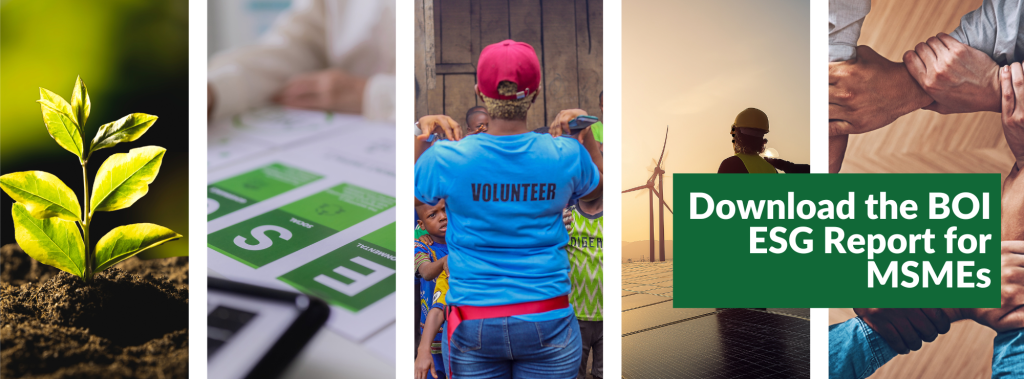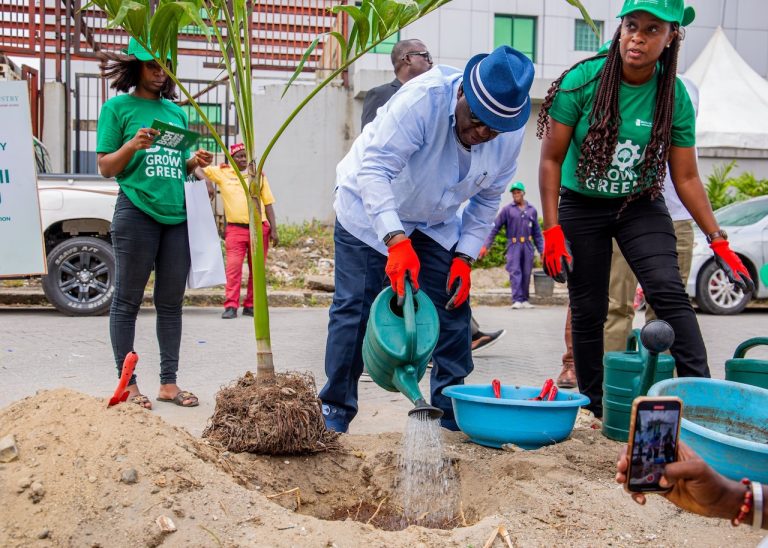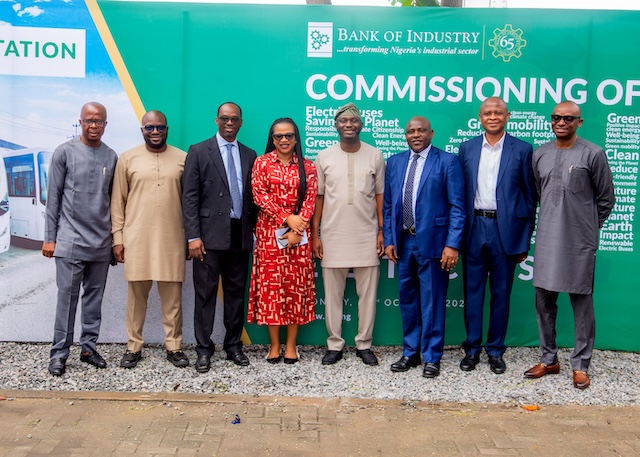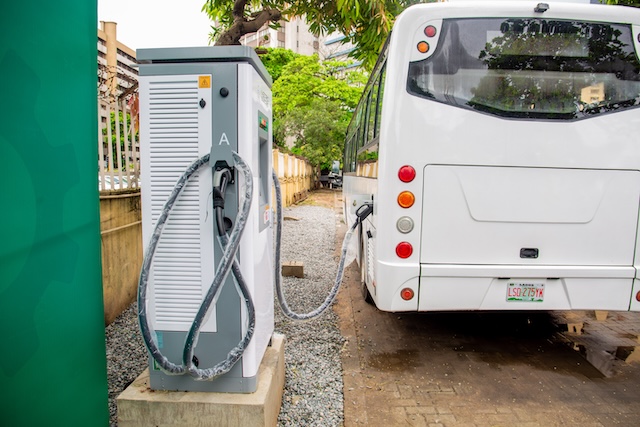Sustainability
Transforming lives and enterprises responsibly



At the Bank of Industry, we view sustainability not just as a responsibility, but as a strategic imperative. As Nigeria’s foremost development finance institution, we are committed to advancing long-term economic growth that is inclusive, environmentally responsible, and anchored in sound governance. Sustainability is at the core of our corporate strategy, guiding how we finance businesses, structure partnerships, and deliver impact. Our mandate enables us to support Nigeria’s transition toward a greener, more equitable economy—one that alleviates poverty, reduces inequality, and protects the environment for future generations. Through strategic partnerships, we continue to embed sustainability into our financial activities, fostering industrialization within a stable environment to achieve economic prosperity. We are committed to ensuring sustainability across our business operations to drive strategic, social, economic, and environmental impact in the communities we serve.
— DR. OLASUPO OLUSI
MANAGING DIRECTOR/CEO OF
BANK OF INDUSTRY
Sustainability Footprint in Time
Concluded AFD credit line for Green Projects
- Became signatory to Africa Business Leaders Coalition (ABLC) Climate Statement

Guiding Principles on Sustainability

Mobilize Sustainable Capital

Align Strategic Partnerships for Sustainable Growth

Drive Internal Net-Zero Objectives

Utilize Appropriate Standards for ESG Performance
BOI Sustainability Documents
BOI's ESG Policy
BOI's ESG Report for MSMEs
BOI's Sustainable Finance Framework
S&P Global SPO on BOI's Sustainable Finance Framework
BOI AFDB Thematic Facility Project - ESMP


















